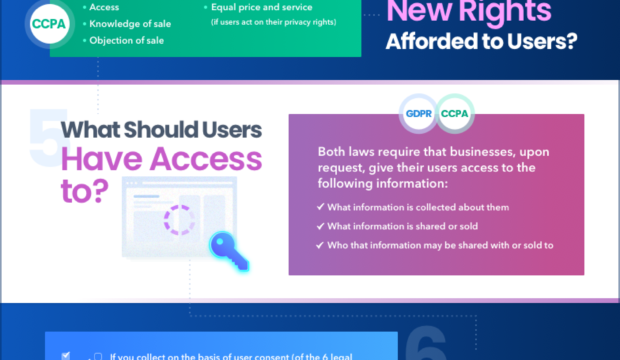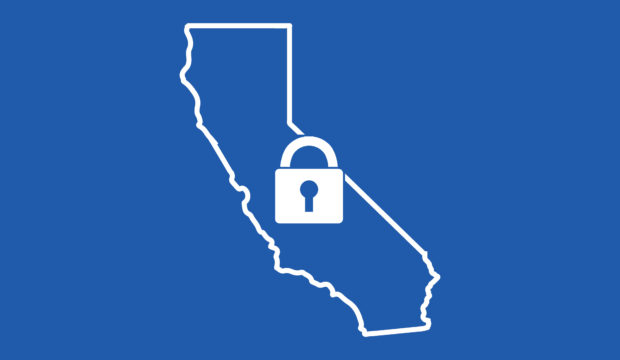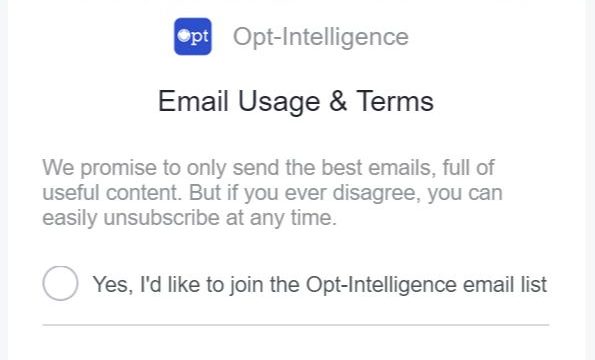CCPA is the first regulation of its kind in the United States, but it has a lot in common with GDPR, the EU’s 2018 data privacy regulation.

CCPA is the first regulation of its kind in the United States, but it has a lot in common with GDPR, the EU’s 2018 data privacy regulation.

When it comes to marketing, there are 6 key things to know about CCPA before it goes into effect in 2020.
Data privacy and use is a major concern for both companies and consumers these days. How lead generation data is collected, stored and used is especially important to advertisers who are paying or have paid for targeting that includes both first and third-party data. Data privacy regulations are taking effect across the globe, and tighter restrictions are becoming the norm. Overall, this is a good thing for everyone, but it takes some adjustments as we settle into the “new normal.”
The General Data Protection Regulation, or GDPR, has had a major impact on North American companies, despite being a European Union policy. But California has just passed similar legislation, and more states may follow soon. Marc Benioff has called for a national data privacy law, much like the EU has with GDPR, and we may not be far off. Taking extra steps to ensure you follow proper data privacy policies now will pay off in the long term.
When Facebook unveiled Facebook Lead Ads, it was considered a groundbreaking product for lead generation. Facebook’s depth of knowledge on their users is unprecedented for an ad network, and the wealth of information shared on the platform could be considered a goldmine for leads. But Facebook lead generation never caught on in the way many hoped it would, or assumed it could. High cost per lead was often cited as a major factor, and recent changes have only made it more difficult to generate leads at scale with Facebook Lead Ads. Considering Facebook lead generation for your business? Here are four fast facts you need to know first:

Privacy and data security continue to be hot topics these days, and will be for some time. Websites around the world updated their terms in the wake of GDPR, and similar measures are set to follow in the coming years across the country. Facebook has faced its share of privacy concerns along the way, so it’s no surprise they updated their terms around the handling and utilization of customer data through Facebook Custom Audience targeting. Read on to see what it means for you, whether you use Facebook Custom Audiences for lead generation or lead nurturing.

Even if your business doesn’t attract a lot of European Union customers, you’ve likely heard a lot about GDPR by now. The General Data Protection Regulation refers to legal guidelines that govern how companies can and cannot use data gathered directly from customers and other sources, including Facebook Lead Ads. Meant to protect European Union citizens, it goes into effect this Friday, May 25, and can have major repercussions for businesses who have any interaction with EU citizens. Bottom line? It’s best to be compliant, even if the majority of your customers are in the United States.